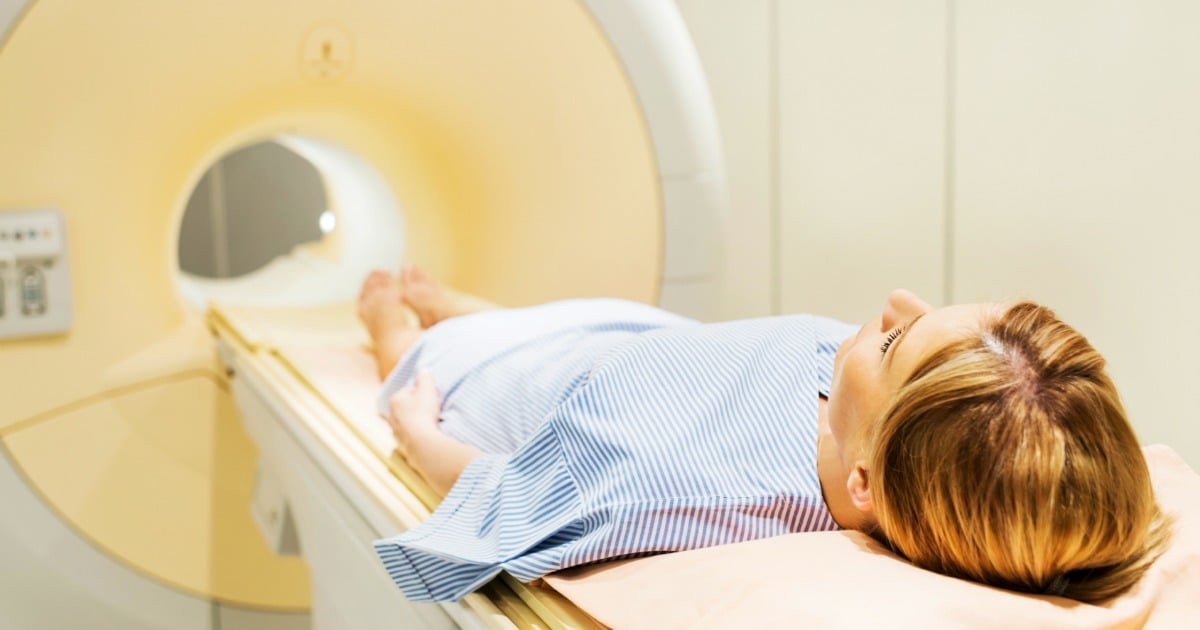
When Demi* learned she had a brain tumour the size of a grape, she was a 20-year-old uni student with a casual job, a great group of friends and a loving boyfriend.
For four years, she’d been experiencing persistent migraines that became debilitating during particularly stressful periods. And if it weren’t for her insistence on being tested for a possible cause, she might not have been diagnosed until much later.
Demi found herself making continuous appointments to see her GP after struggling through the pain throughout the end of high school. Eventually, she was put on preventative medication for her migraines.
When they persisted, she pushed her doctor to refer her to a specialist. She saw a neurologist and had all of her neurons checked, along with her speech and strength — everything was fine. Demi was told her migraines were “hereditary” and not to worry. She tried to believe there was nothing else to it.
Her concern resurfaced when she was on holiday in Bali with her family. She should have been relaxed — all there was to do was sip cocktails by the pool with her sisters — but the migraines continued.




Top Comments
She was "lucky" that it wasn't a Gliblastoma Multiforme.
It doesn't matter how early they are detected.
There is no cure.